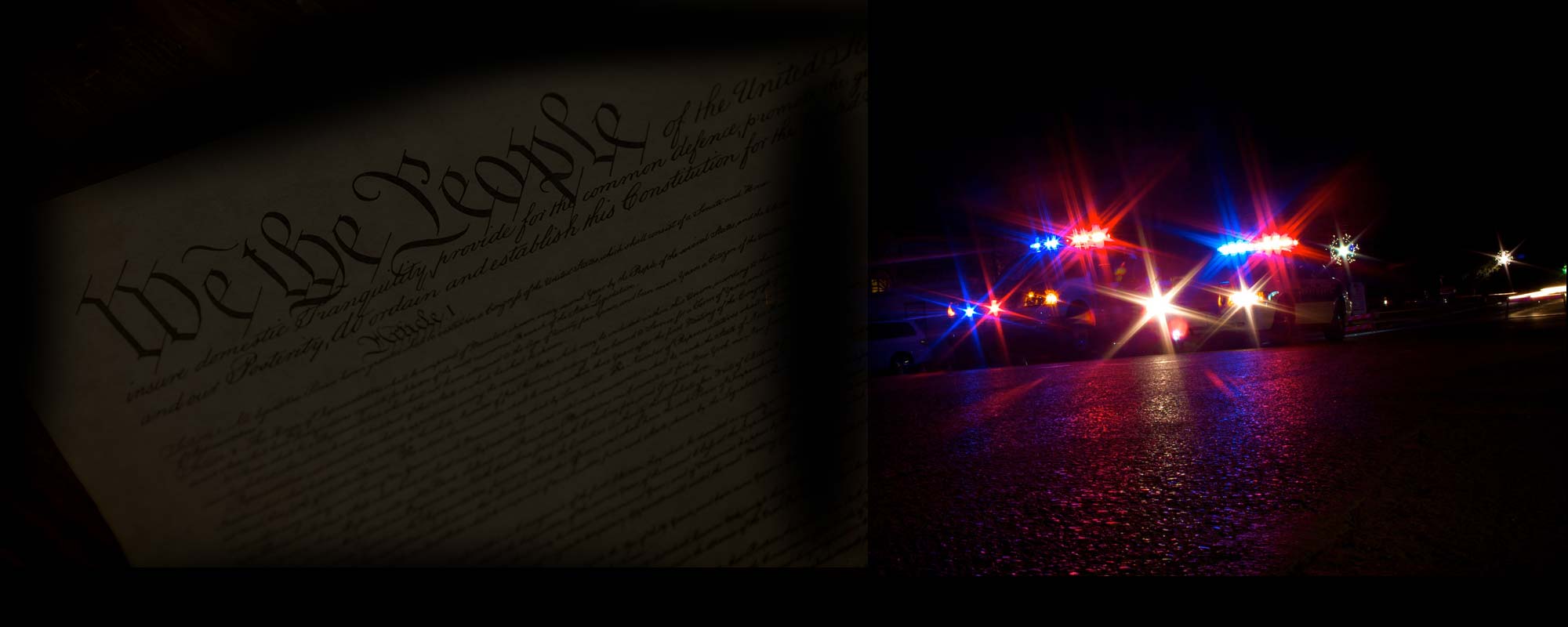On October 5, 2016, the Attorney General of the United States, Loretta E. Lynch, wrote an opinion piece for the Washington Post entitled “A Better Way of Policing”. Her principal theme to bridge the divide between the police and the policed is a generalized, non-specific urging everyone to be nice, try to understand each other, and get along, conspicuously missing the specifics of what’s wrong. Without specific acknowledgement of what’s wrong, we won’t get it right.
The list of what’s wrong is not long, but what it contains is very wrong, and until those wrongs are acknowledged and dealt with, no amount of being nice will solve what’s wrong. A good beginning would be acknowledging, as did a federal court in New York, that unconstitutional policing exists because, as noted by the U.S. Supreme Court, more than 60 years ago, policing always has been, still is, and always will be a competitive enterprise. Our economic system favors and insists upon competition; a bad idea when it comes to policing. Next, she could recognize the harm done by the militarization of policing, acknowledge that the police — and it’s only a microscopic percentage of them — lie, brutalize, use excessive, deadly force, cover up with non-public, secret in-house investigations of legitimate misconduct complaints against them, fail to prosecute their criminal misconduct publicly, and last, but not least, do not video record their public activity enough, giving only poor excuses for not doing so.
All of these failings/wrongs will not go away by themselves, nor from being nice, or describing the solutions with pleasant sounding platitudes. There has always been, and always will be crime. Before the government began declaring “war on crime”, and using that phrase about 48 years ago, and before outfitting the police to look like and sound like the military, the public respected the police. The current level of disrespect for, and dislike of the police began as this “war” was waged, making the policed feel and be treated like an enemy.
It is the police, the agents of the government, who brought this state of affairs on themselves. The fault is NOT equal as the Attorney General seems to suggest. The Attorney General must acknowledge this, and the government take the first steps toward “making peace” with those upon whom war was declared, and waged by the government. That first step should be the insistence upon constitutional policing. There will be no respect or trust without constitutional policing. Next, there must be verification of constitutional policing by universal recording, with body and dash cams, of all public police activity. Next, the police must appear to be treated equally with the policed. Only equals cooperate to achieve their objectives. Currently, the cops are not our equals; they act like our commanders, as evidenced by the lack of sufficient public prosecution of their criminal behavior, together with their domineering, condescending manner, tone and style.
Ms. Lynch talks about a closer partnership between the community and the police. With the police having a military style command structure, they treat the policed as though the policed were new recruits in basic training, with the police acting and sounding like drill sergeants. So long as this appearance persists, there will be poor communication, little sharing of concerns, and no incentive or desire “. . . to get to know one another as people . . . “, as the Attorney General urges.
Getting to know one another? That’s a solution? No, it is not. Unfortunately, for the community, we already know too well the police. Policing the police is the answer. They are not above the law as would seem to be the case under the current methods of dealing with cops who commit crimes while discharging their duties. A new method of dealing with their misconduct should be implemented so that the perception as well as the reality is that no one, including the police, is above the law and everyone, the police and the policed, is treated equally. That means equal jeopardy and equal risk of public prosecution and punishment. Only then will there be an interest “to get to know one another”. Until that happens, what we now know about the police has very little about which there is to like.
The government started this war; it is they who should take the first corrective steps; not the wars’ victims and casualties.






